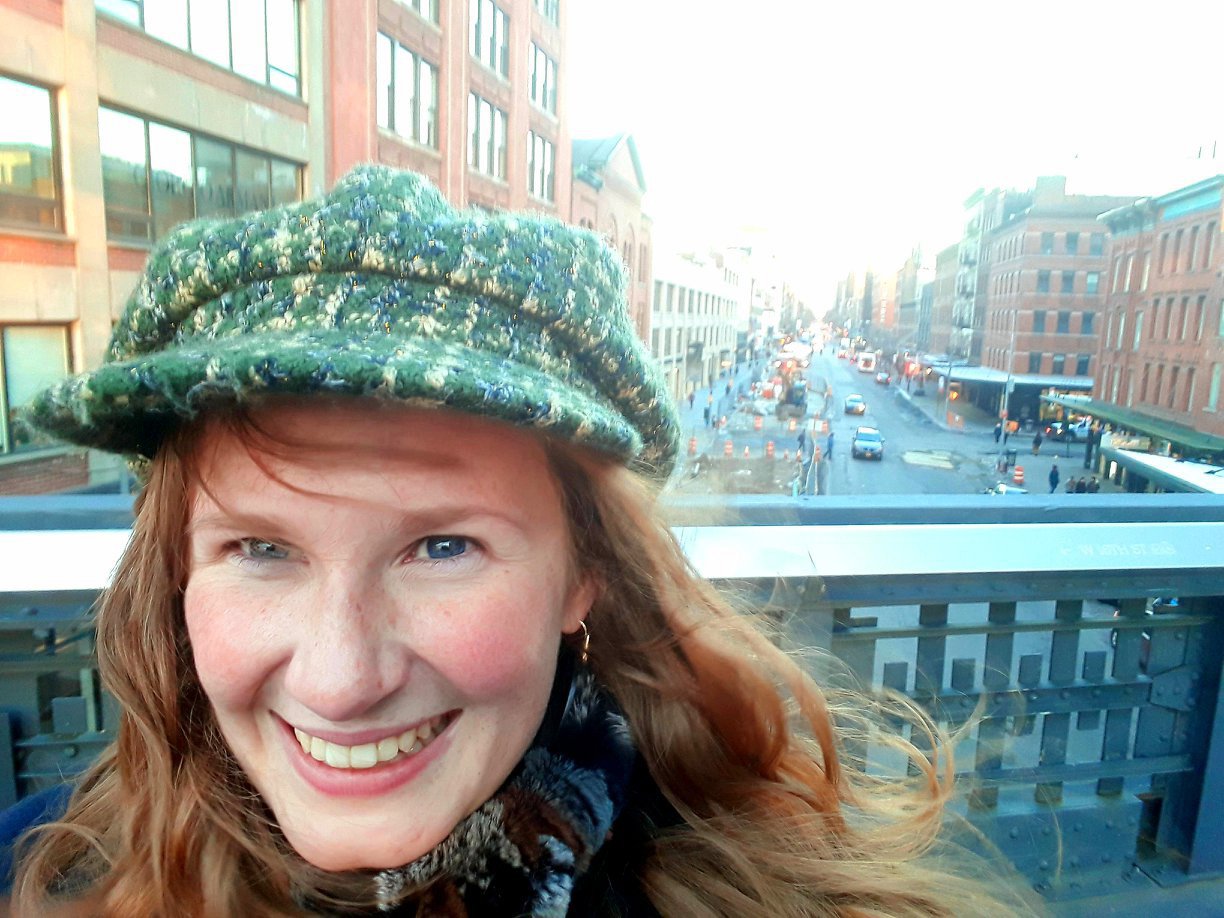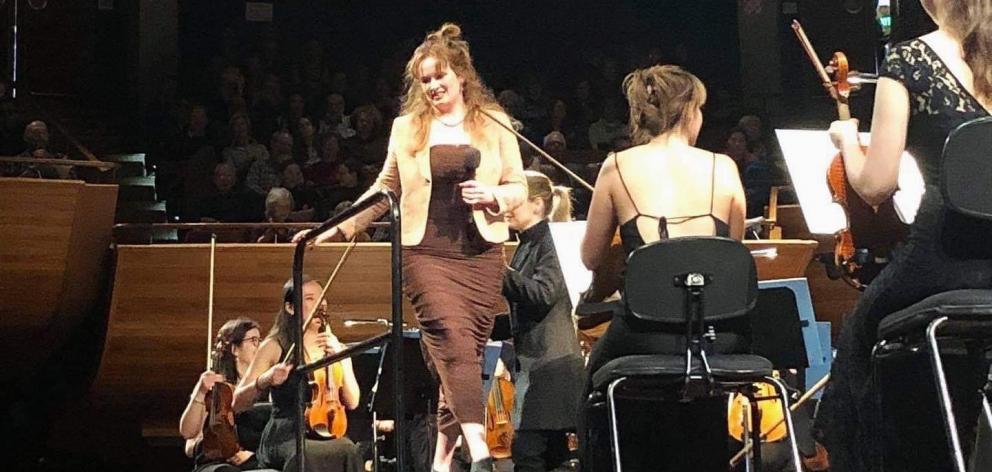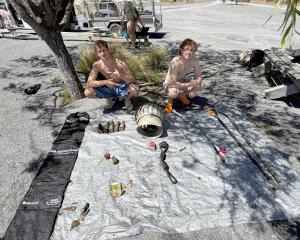

A couple of times a week Ihlara McIndoe walks through New York’s Central Park with husband Nathaniel Otley and has a ‘‘pinch-me’’ moment.
For the pair, who both received ODT Class Act awards 10 years ago, a stroll to the grocery store can be a surreal experience.
‘‘It’s become our joke when we emerge from the north woods and see the downtown Manhattan skyline to say, ‘It’s weird that we live here right?’,’’ ,’’ she says.
McIndoe - like Otley - is doing a doctorate in composition, but in 2015 she was head girl at St Hilda’s Collegiate, a New Zealand Model United Nations delegate and a skilled competitive debater.
Unable to choose between law and music, she studied both, worked in the public law team at Russell McVeagh, then did a master’s degree.
It was in the course of her master’s research that she realised the rise of neoliberalism in the 1980s shaped the arts in a way that has been ‘‘detrimental to creativity’’, she says.
‘‘Neoliberalism has shifted the language around the arts ... from earlier political focuses on the arts as a ‘public service’ towards commercial concepts of ‘user pays’ and ‘monetarisation’. [It’s] also led to an undermining of arts infrastructure and a shift towards more rapid and transient forms of art.’’
At the same time, the rise of the gig economy means professional opportunities are often insecure and income is inconsistent, which makes producing high quality work ‘‘very difficult’’.
‘‘While there have been shifts in Creative New Zealand’s policies in the last couple of years, it’s pretty clear that meaningful positive change needs to come from higher up,’’ she says.
‘‘It’s about a need for more government funds allocated to arts and culture. It is the same for so many social services and community-based initiatives. Funding these services and opportunities that benefit all New Zealanders could be a reality if our country had a more equitable tax system, including a comprehensive capital gains tax.’’
Born in the Hawke's Bay, McIndoe moved to Dunedin with her family when she was 3. Her parents named her after a valley in Cappadocia, Turkey, a place they visited while they were backpacking in their 20s.
The 27-year-old, who grew up learning piano and going to her father’s brass band concerts, was also the first person in her family to attend university. Studying in Otago, away from the ‘‘glam’’ of a larger classical music scene, was good for both herself and Otley: ‘‘We had to really take risks and create unique work at a very high level in order to break into the spaces where we were outsiders ...’’
The pair met in year 10 at a science camp and became good friends while playing chamber music in the later years of high school.
While Otley became a composer, conductor and violinist and is now studying at the City University of New York, McIndoe went on to complete a law degree, a bachelor of arts in gender studies, and a bachelor of music in composition and piano performance at the University of Otago, as well as a master of arts in musicology at McGill University in Montreal. She’s now studying at Columbia University, where she is also a teaching assistant.
Her work spans acoustic and electroacoustic concert settings - from solo instrument to orchestral scores - as well as interdisciplinary projects incorporating movement, poetry and storytelling.

Although she doesn’t perform as much as she used to, she sings in early music ensembles and is hoping to get back into ‘‘some more meaty piano playing’’ this year with a project for piano and electronics at the Computer Music Centre in New York City.
She has also enjoyed collaborating with artists from all over the world. In the past two months, for example, the composer has worked with a French choral group, a duo with a Japanese shō player and Iranian kamancheh player, and an ensemble in which six languages are spoken.
‘‘I love that I get to use sound and creativity as a training ground for possibility ...’’ she says, adding that she thinks a lot about the role music can have in opening minds to more ‘‘empathetic, reciprocal and relational ways of being’’.
‘‘I don’t think that music is a universal language or that art can save the world ... But what I find exciting is how creativity allows us to investigate the multifaceted possibilities of beauty and strangeness in the places where streams of learning, listening, knowledge and experience meet ...’’
‘‘Creativity allows us to ask questions that don’t necessarily have answers. And asking questions, which challenge the way things are, whether implicitly or explicitly, is so important.’’
As for the difficulty she faced when deciding whether to pursue a career in music or law, that is no longer an issue.
‘‘A lot of my creative projects explore themes relating to the environment, gender and power control, [meaning] there’s often a good deal of research into law, policy and history before I even get to the ‘notes on manuscript’ stage,’’ she explains.
‘‘So it really feels like the two paths I was torn between 10 years ago have become one.’’












